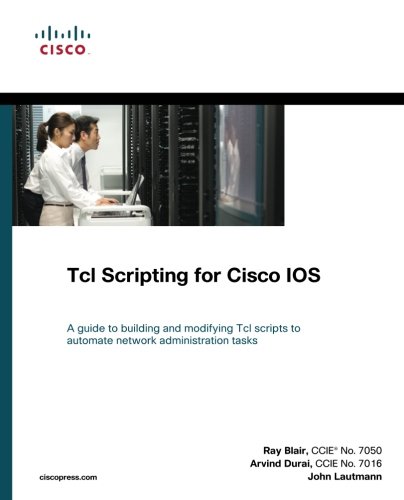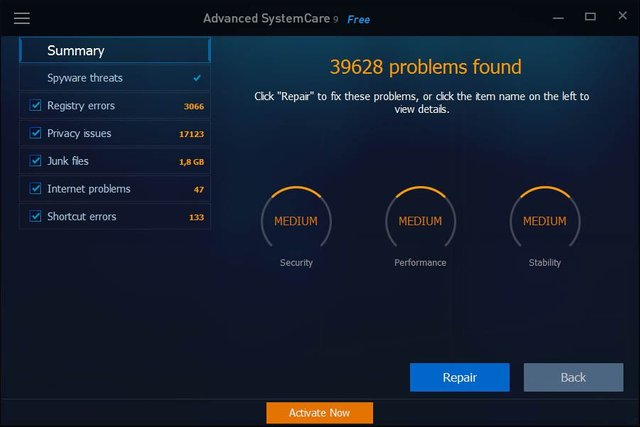
Type Defense Cracks




| CATEGORY | # DOCS |
|---|---|
| Unified Facilities Guide Specifications (UFGS) | 1,520 |
| Unified Facilities Criteria (UFC) | 357 |
| Unified Master Reference | 1 |
| Engineering and Construction Bulletins (ECB) | 485 |
| DOD Unified Design Guidance | 4 |
| DOD Supplemental Technical Criteria | 49 |
| DOD Handbooks | 3 |
| DOD Manuals | 10 |
| DOD Unit Cost/Area Cost Factors and Facilities Pricing Guides | 1 |
| Washington Headquarters Services: Building Code | 1 |
| Non-COS Standards | 6 |
| Military Health System (MHS): DoD Space Planning Criteria for Health Facilities | 41 |
| Military Health System (MHS) Templates | 194 |
| MIL-STD-1691 Military Medical and Dental Facilities | 1 |
| Federal and Military Specifications and Standards | 2 |
Type Defense Cracked
Cisco type 4 password. This password type was designed around 2013 and the original plan was to use PBKDF2 (Password-Based Key Derivation Function version 2) algorithm. But due to an implementation issue, it somehow ended up being a mere single iteration of SHA256 without salt. The following example shows type 4 password found in a Cisco configuration. Which network defense strategy, developed by the National Security Agency (NSA), has three modes of protection? Some encryption schemes are so complex that the time to crack them can be measured in days, weeks, years, and even decades. Which type of logging allocates space for a log file on the server, and then starts overwriting from.

Comments are closed.